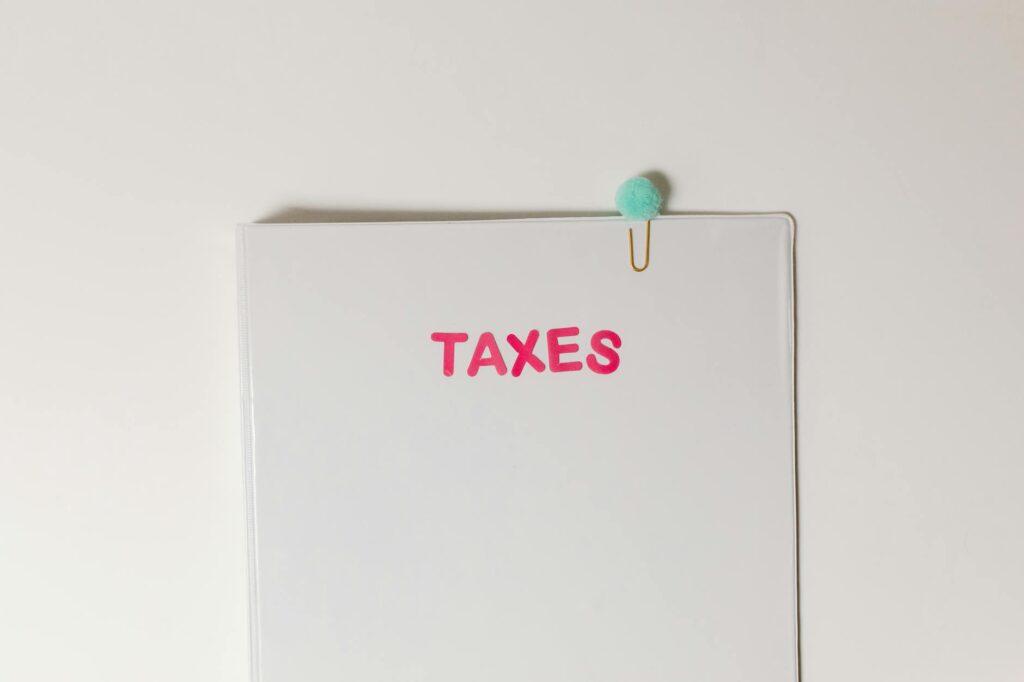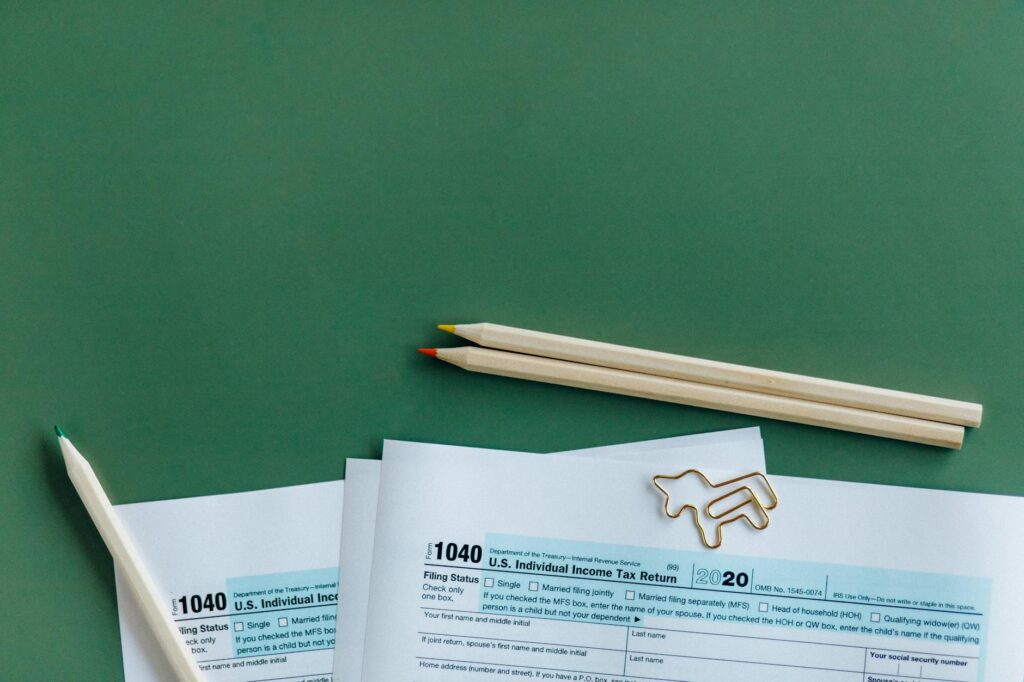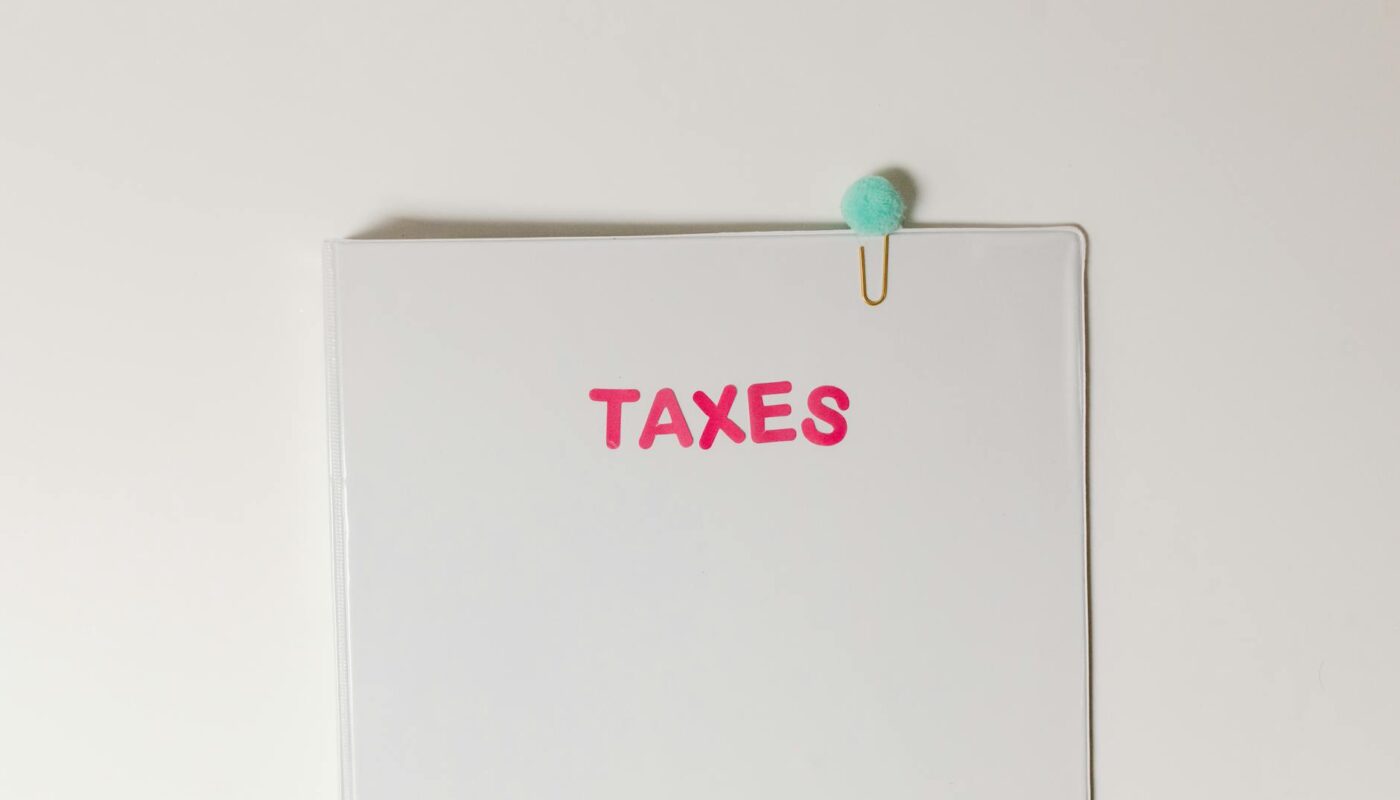The annual tax season is here again, and with it comes the familiar question: should you tackle your taxes yourself or hire a professional? Both DIY and professional tax preparation have their pros and cons, and the best choice depends on your individual circumstances. This guide will help you weigh the advantages and disadvantages of each approach.
Understanding Your Tax Situation
Before deciding whether to file your taxes yourself or hire a professional, you need a clear understanding of your financial situation. Consider your income sources (W-2, 1099, investments, etc.), deductions (mortgage interest, charitable donations, etc.), and credits (child tax credit, education credits, etc.). A simple tax return with straightforward income and deductions might be easily handled yourself, while complex returns involving business income, investments, or multiple tax forms might benefit from professional help. Are you comfortable navigating tax laws and regulations? If not, consider seeking professional assistance. 
DIY Tax Preparation: The Do-It-Yourself Approach
Filing your taxes yourself offers several benefits. It can be significantly cheaper than hiring a tax professional, providing greater control over your return and a deeper understanding of your financial situation. Many free and affordable software options are available, such as TaxAct and TurboTax, that can guide you through the process. However, it requires time, effort, and a reasonable level of comfort with tax regulations. Make sure to carefully review the instructions and seek clarification if needed. Mistakes can lead to delays or penalties, and you will be solely responsible for their correction. Learn more about tax software options.
Professional Tax Preparation: The Expert’s Help
Hiring a tax professional such as a CPA or enrolled agent offers peace of mind and expertise. They possess in-depth knowledge of tax laws and can help you navigate complex tax situations, maximize deductions, and ensure you claim all applicable credits. A professional can also help you understand your tax liabilities and plan for future years, potentially saving you money in the long run.  This is particularly beneficial if you have a complex financial situation, run a business, or are simply uncomfortable dealing with taxes on your own. They’ll handle the paperwork, reducing your stress and the risk of errors, and can even represent you before the IRS if any issues arise. Find a qualified tax professional.
This is particularly beneficial if you have a complex financial situation, run a business, or are simply uncomfortable dealing with taxes on your own. They’ll handle the paperwork, reducing your stress and the risk of errors, and can even represent you before the IRS if any issues arise. Find a qualified tax professional.
Cost Comparison: DIY vs. Professional
The cost of DIY tax preparation primarily involves the software fee, which can range from free to several hundred dollars depending on the complexity of your return. Professional tax preparation fees vary significantly based on the complexity of your return and the experience of the preparer. Expect to pay anywhere from a few hundred to potentially thousands of dollars for more involved tax situations. Consider the potential cost savings of professional tax preparation – a professional’s expertise could prevent costly mistakes or identify significant deductions you might have missed, potentially exceeding the cost of their services. [IMAGE_3_HERE]
Time Commitment: How Long Will it Take?
DIY tax preparation requires a significant time commitment, especially if you have a complex return. You will need to gather all necessary documents, carefully review your financial information, and complete the return accurately. Professional preparation usually requires less time from you since you’ll need to provide the documents, and the professional handles the rest. However, scheduling a meeting and potentially following up for clarifications might take some of your time as well. Learn time-saving tax tips.
Conclusion
Choosing between DIY and professional tax preparation depends on your individual circumstances, comfort level with tax laws, and financial situation. If you have a simple return and feel confident navigating tax regulations, DIY tax preparation could be a cost-effective solution. However, if you have a complex tax situation, limited time, or prefer peace of mind, professional tax preparation may be the better choice. Carefully weigh the pros and cons, and consider seeking professional advice if unsure. Remember, accurate and timely tax filing is crucial to avoid penalties and maintain a healthy financial standing. IRS guidelines are a great resource to consult.
Frequently Asked Questions
What documents do I need to file my taxes? You’ll need your W-2s, 1099s, receipts for deductible expenses, and other relevant financial documents.
What are the penalties for filing late? Penalties for late filing can include interest charges on unpaid taxes.
Can I amend my tax return if I make a mistake? Yes, you can file an amended return (Form 1040-X) to correct errors.
What is the difference between a CPA and an enrolled agent? Both are qualified tax professionals, but CPAs are licensed by states and enrolled agents are licensed by the IRS.
Where can I find free tax help? Many organizations offer free tax assistance, particularly for low-to-moderate-income taxpayers. Check the IRS website for more information.



